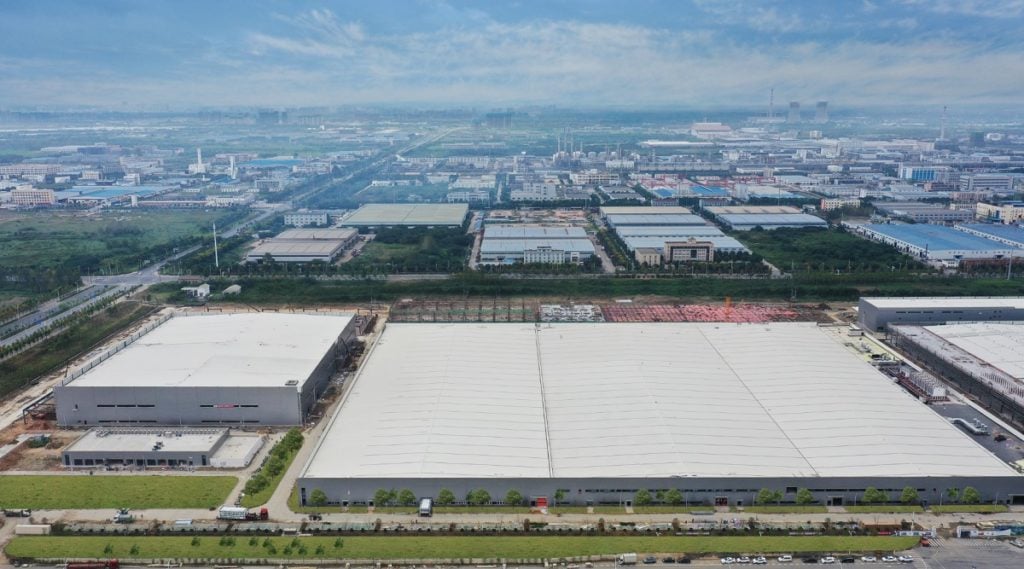
The Chinese Ministry of Industry and Information Technology (MIIT) has issued a draft rule raising the minimum capital ratio for solar PV manufacturing projects to 30%.
The draft is part of a raft of proposals which the MIIT said was designed to strengthen the management of the Chinese PV industry.
Try Premium for just $1
- Full premium access for the first month at only $1
- Converts to an annual rate after 30 days unless cancelled
- Cancel anytime during the trial period
Premium Benefits
- Expert industry analysis and interviews
- Digital access to PV Tech Power journal
- Exclusive event discounts
Or get the full Premium subscription right away
Or continue reading this article for free
Previously, the minimum capital ratio was 30% for polysilicon plants and 20% for other parts of the solar manufacturing chain like wafer, cell and module production. The draft rules will be open for public consultation until 15 July.
The rule applies to both new projects and expansions of existing facilities.
Among the other proposals, the MIIT said that the annual output of solar manufacturing facilities must not be less than 50% of the total annual production capacity and that spending on research and development (R&D) must account for a minimum of 3% of total sales, and not be less than RMB10 million (US$1.4 million).
Currently, solar manufacturing capacity in China is vastly in excess of global demand. A Bloomberg New Energy Finance (BNEF) report earlier this year found that no new solar manufacturing capacity was needed for the rest of this decade to meet global deployment targets.
Simultaneously, numerous solar PV testing institutions have reported a rise in quality issues and manufacturing defects. Notably, the US’ Clean Energy Associates and Kiwa PVEL published separate reports showing an increase in defects in solar modules.
PV Tech Power published a deep dive into quality concerns earlier this year, as the problem was looming.
The draft includes recommendations for minimum cell, module and inverter efficiencies and the ecological impact of new manufacturing sites.
It also features a list of criteria which will exclude new facilities from approval if they are not met. These include stipulations on inspection, auditing, product sampling and safety and pollution.






